What we know now, from the full BBC interview with Novak Djokovic
The world No 1 covered many outstanding issues in his in-depth interview with the BBC, which was broadcast on Tuesday evening.
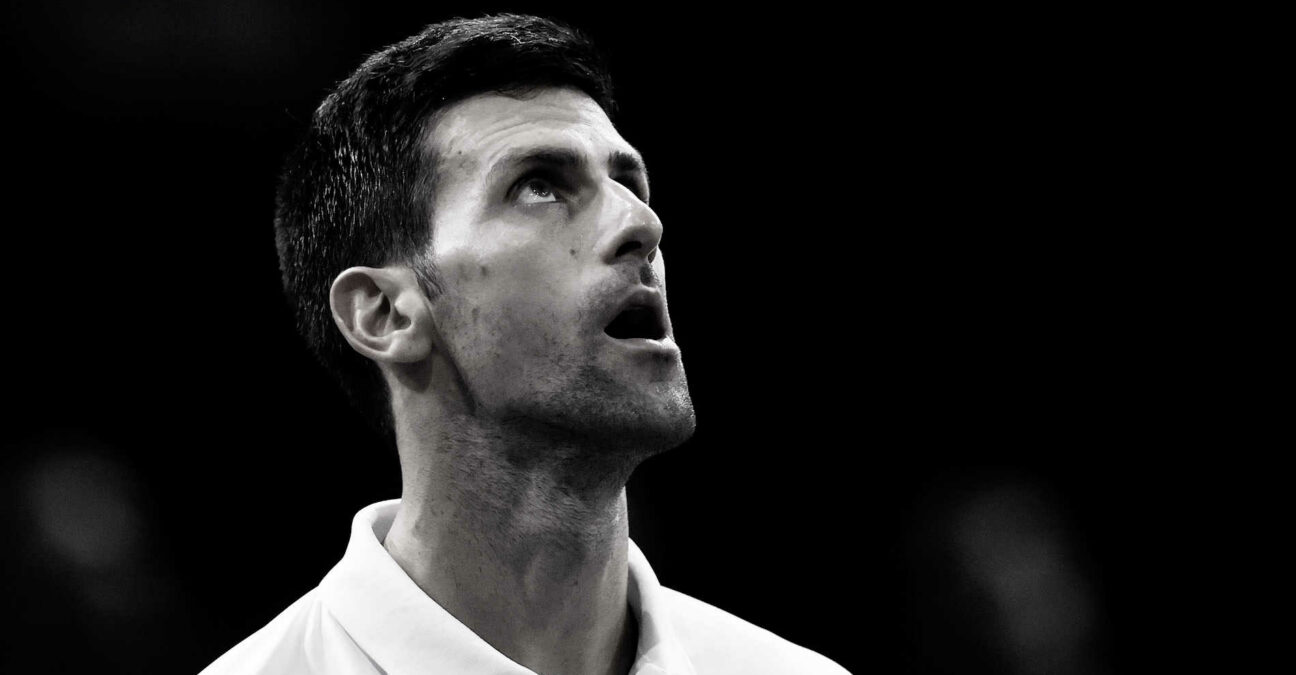
The full BBC interview with Novak Djokovic was broadcast on Tuesday evening in the UK, with the world No 1 welcoming journalist Amol Rajan to Belgrade to give his side of the story surrounding his deportation from Australia, his vaccine status and his hopes for the future.
In addition to what we heard from the initial clips on Tuesday morning, here’s what else we learned and perhaps what we still don’t know:
What we now know
- Why exactly Novak doesn’t want to get vaccinated
Djokovic has hinted at this for a while but he outlined exactly why he does not feel ready to take the Covid-19 vaccine yet.
“I don’t have anything against general approach to vaccines,” he said. “I had vaccines when I was a kid. I just feel currently I just don’t have enough information about this vaccine and as an elite athlete I am very mindful what I put into my body and I made a decision that I don’t want to get vaccinated at the moment.”
- Why his upbringing may explain his feelings towards the vaccine
Djokovic said his tough childhood, growing up amid wars and heavy sanctions against his country, may have a lot to do with the way he perceives the world.
“During the 90s, when I started playing tennis, when I was four or five years old, we had two wars, we had embargoes, sanctions, just waiting in line for bread and milk,” he said. “It was a very difficult time for my family and I chose to play the sport that is one of the most expensive sports, a very unaffordable sport for a lot of people. My parents had to endure a lot of hardships in order to allow me to live my dream.
“Also when I was travelling, I had to very quickly mature and be independent and take care of myself because I could not travel with my father or family members or coaches, so (for) many of the tournaments I travelled alone. I became self-reliant from very early on. I think that helped to establish my own character from very early on and hold my ground.”
- He is adamant he tested positive in December, however convenient that sounded to some
Djokovic said he was prepared not to go to Australia and said suggestions that the timing of his positive test was convenient, since it seemed set to be enough to earn an exemption to the Australian Open, were just false.
“I would say I take Covid very, very seriously, as (much as) anybody else,” he said. “I assure you I was taking PCR tests as anybody else in this country or any other country. I was tested hundreds and hundreds of times since the beginning of the pandemic because that was required for travel and do my job as a tennis player.
“I understand there is a lot of criticism and that people come out with theories, how lucky I was or how convenient it is, but no one is lucky and convenient getting Covid. I really don’t like someone thinking that I’ve misused something in my own favour to get a positive PCR test and eventually go to Australia. I had Covid twice. The second time was asymptomatic, the first time was about a year and a half ago, I had symptoms and it wasn’t easy.”
- He regrets doing an interview with L’Equipe when he had tested positive
The world No 1 said he should not have gone ahead with the interview he did with L’Equipe Magazine on Dec 18, when he knew he had tested positive for Covid-19 but did not tell any of the L’Equipe staff.
“That was a poor judgement of error that I wish I can bring back the time and not have done it,” Djokovic said. As to why he did it, Djokovic said there were “several reasons”.
” I respect L’Equipe as one of the best sports papers in the world,” he said. “Franck (Ramella), the journalist, is someone I’ve known for many years and had a great relationship with him. We had already organised that meeting for quite some time. I didn’t want to let him down. Should I have been more cautious, should I have advised him? Absolutely. I wish I could take it back. It was my mistake. I own it, I stand behind it and I’m really sorry for that.”
- What it was like in the detention centre in Melbourne
Djokovic admitted it was not much fun but also drew attention to the plight of the many asylum seekers, some of whom have been detained for several years.
“Well, definitely it wasn’t pleasant but I don’t want to sit here and complain about conditions in the detention centre because I stayed around seven days and some people there have stayed for years,” he said. “It has deeply touched, me what some people in the detention centre in Melbourne are going through. My hardship was nothing close to what these people are going through.”
And here’s what we still don’t know:
- What it would take for him to change his mind and be vaccinated
The ATP says 99 of the top 100 players are now vaccinated against Covid-19, leaving Djokovic as a very famous outlier. The 34-year-old said he is keeping his mind open but that he needs more information, even if the World Health Organisation says the vaccines are safe, and have been safely put into the shoulders of millions of people around the world.
“I understand the consequences of my decision,” he says. “One of the consequences of my decision was not going to Australia, I was prepared not to go. I understand that not being vaccinated today, I am unable to travel to most of the tournaments at the moment.”
- What he thinks of the stories questioning the validity of his Covid tests
Der Spiegel, and then BBC with further investigation toward the end of the Australian Open, cast doubt on the timing and validity of Djokovic’s Covid test, pointing to irregularities with the serial numbers on the tests. Djokovic was not asked directly about this in the BBC interview.
- Whether he plans to return to the Australian Open in future
Djokovic’s future in Australia remains in doubt, not least since Australia can decide to ban him from entering the country, in theory, for three years after his deportation this year. That would put him out of the event until at 2025, by which time he will be 38. However, he definitely wants to get back on court soon.
“I sincerely hope so (that regulations are eased in time) because I would really love to play tennis,” he said. “This is what I do, I’m a professional tennis player. (Missing the French Open), yes, that’s the price I’m willing to pay. I’m hoping things will change.
“I’m also hoping I can play for many more years. Taking care of my body has always been the highest priority because I know that’s going to give me longevity. I’m certain that if there is still that flair and passion and love for the game in me and that if I take care of my body, I’ll be able to have many more opportunities to play the tournaments I miss.”
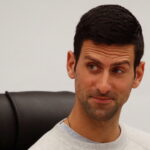
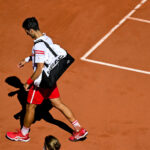
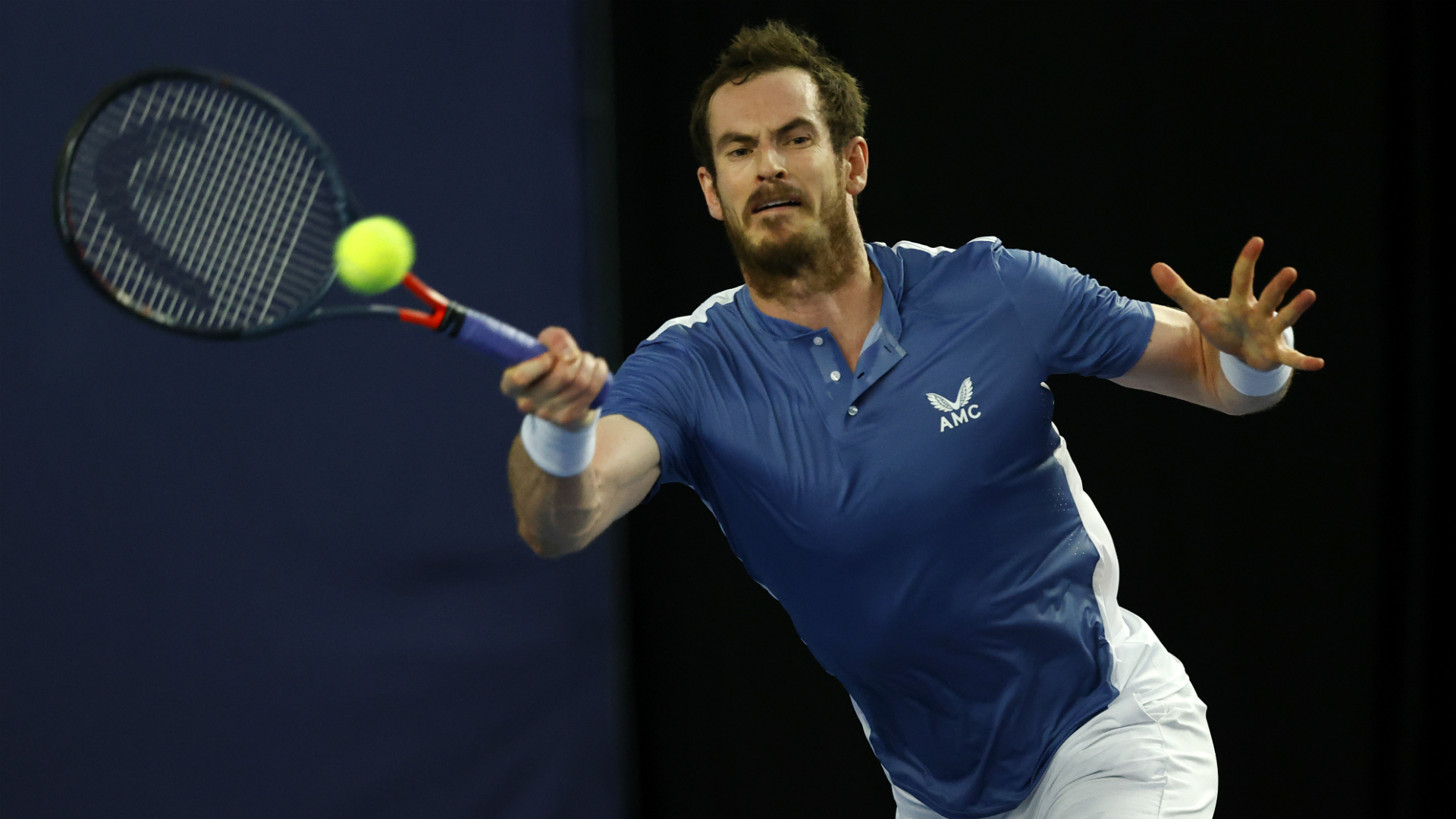
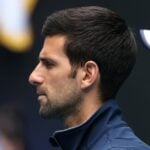




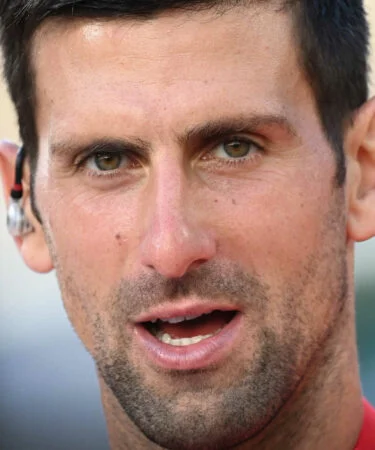

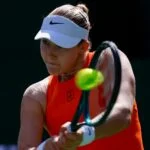
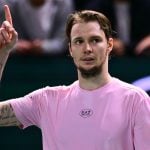
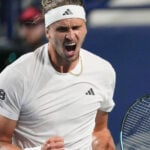
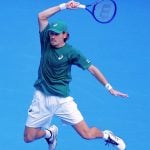
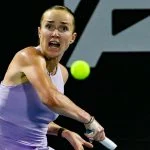
The entire interview with Novak Djokovic is about 1 hour
Why did the BBC cut off about 30 minutes of interview